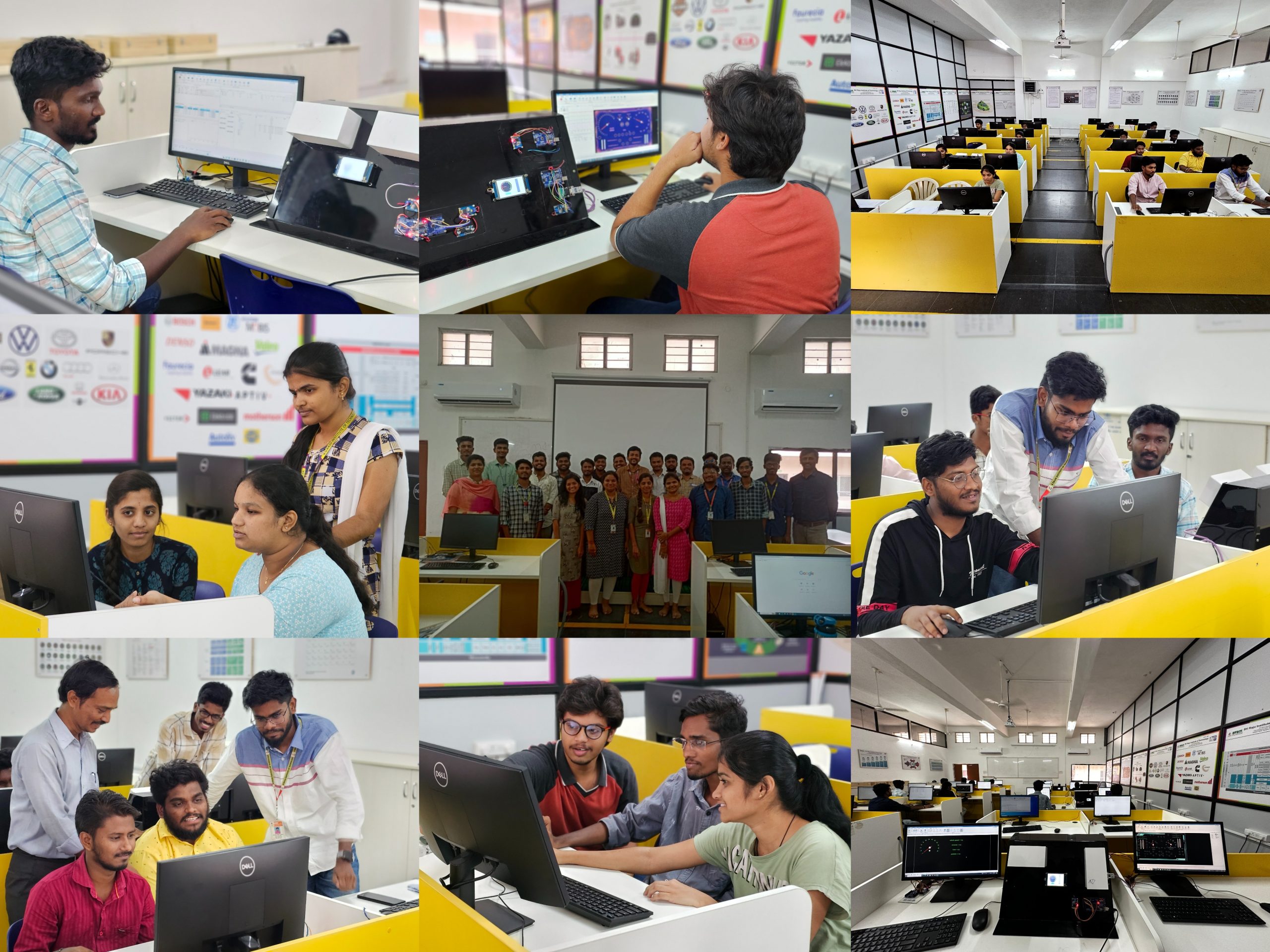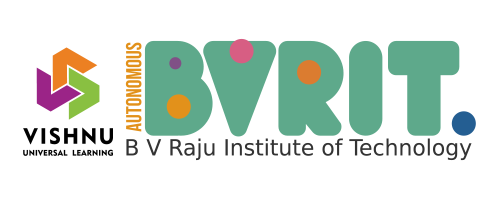Center for Automotive Electronics (CAE)

About Harita Techserv:
Leveraging the established legacy of the TVS Group, Harita Techserv provides a solution for companies facing talent acquisition challenges in the technical engineering field. Recognizing the complexities of today’s business environment, Harita offers flexible, on-demand engineering design solutions and targeted sourcing of highly qualified technical resources. Their meticulous screening processes guarantee clients access to top-tier talent with domain expertise, maximizing productivity through on-site services, and ultimately delivering a measurable return on investment. This commitment to client success is a core value instilled by Harita’s heritage.
About the Center for Automotive Electronics:
BVRIT Narsapur, in partnership with Harita Techserv, has launched the Center for Automotive Electronics (CAE). This initiative aims to bridge the gap between theoretical knowledge and practical application in the automotive electronics field. The CAE will offer targeted training programs for students in Electrical & Electronics Engineering, Electronics & Communication Engineering, and Mechanical Engineering, fostering a skilled workforce for the ever-evolving automotive industry. Dr. K. Rayudu, Head of the Department of EEE, will spearhead the center’s operations.
Course Outcomes:
- Secure internships with top automotive electronics companies (Indian Nippon, Tata Electronics, Robert Bosch, Volvo).
- Master cutting-edge software in automotive electronics design and engineering.
- Gain hands-on experience with sensors, CAN communication, and IVN/ECU fundamentals.
- Build expertise in automotive diagnostic protocols.
- Program fosters pursuit of MS in Automotive Electronics at International Universities.
Sl.No | Faculty Coordinators | Department |
1 | Mr. Y Vijay Reddy | EEE |
2 | Mr. Munavar Hussain | ECE |
| 3 | Dr. M. Vishnu Vardhan Reddy | MECH |














